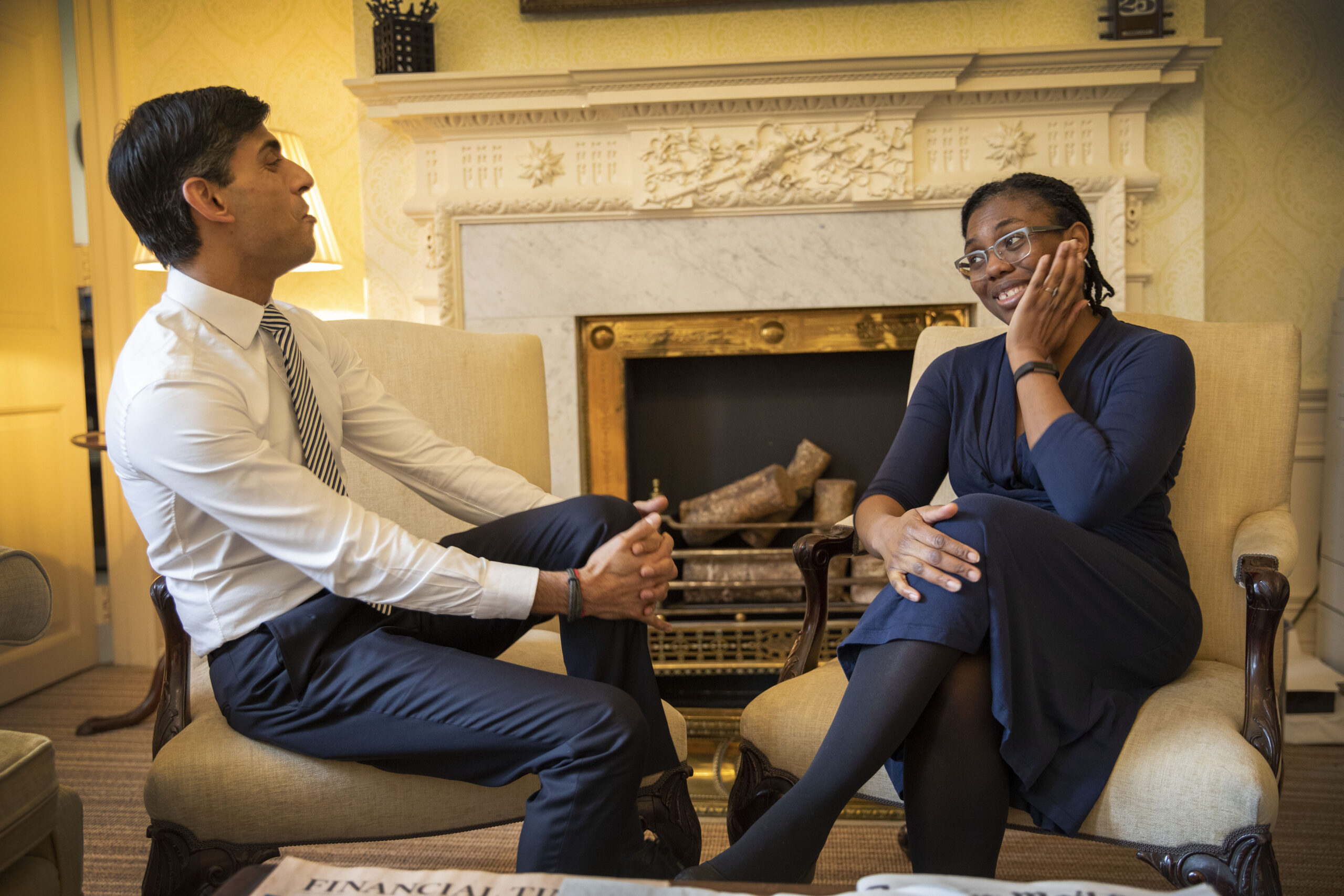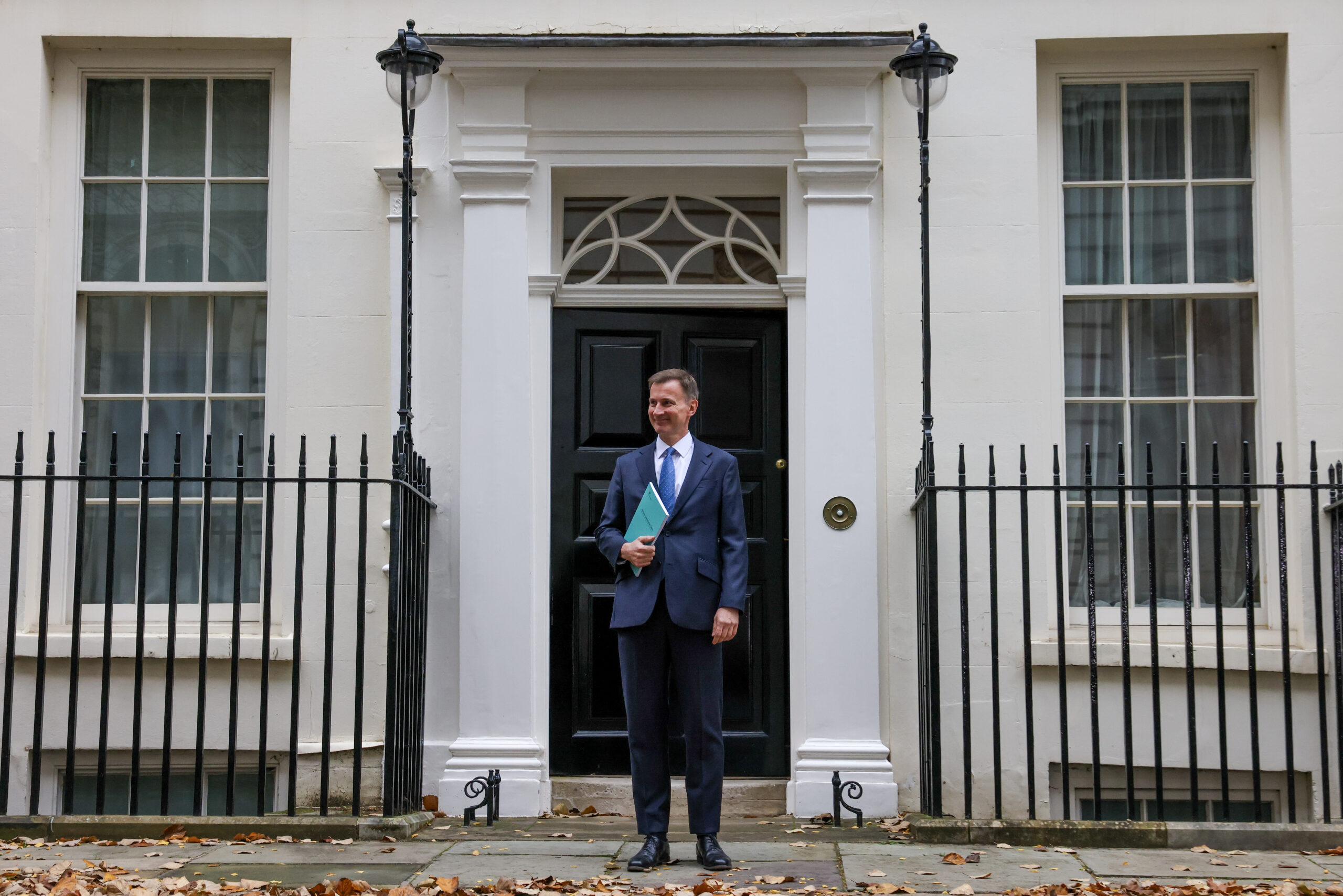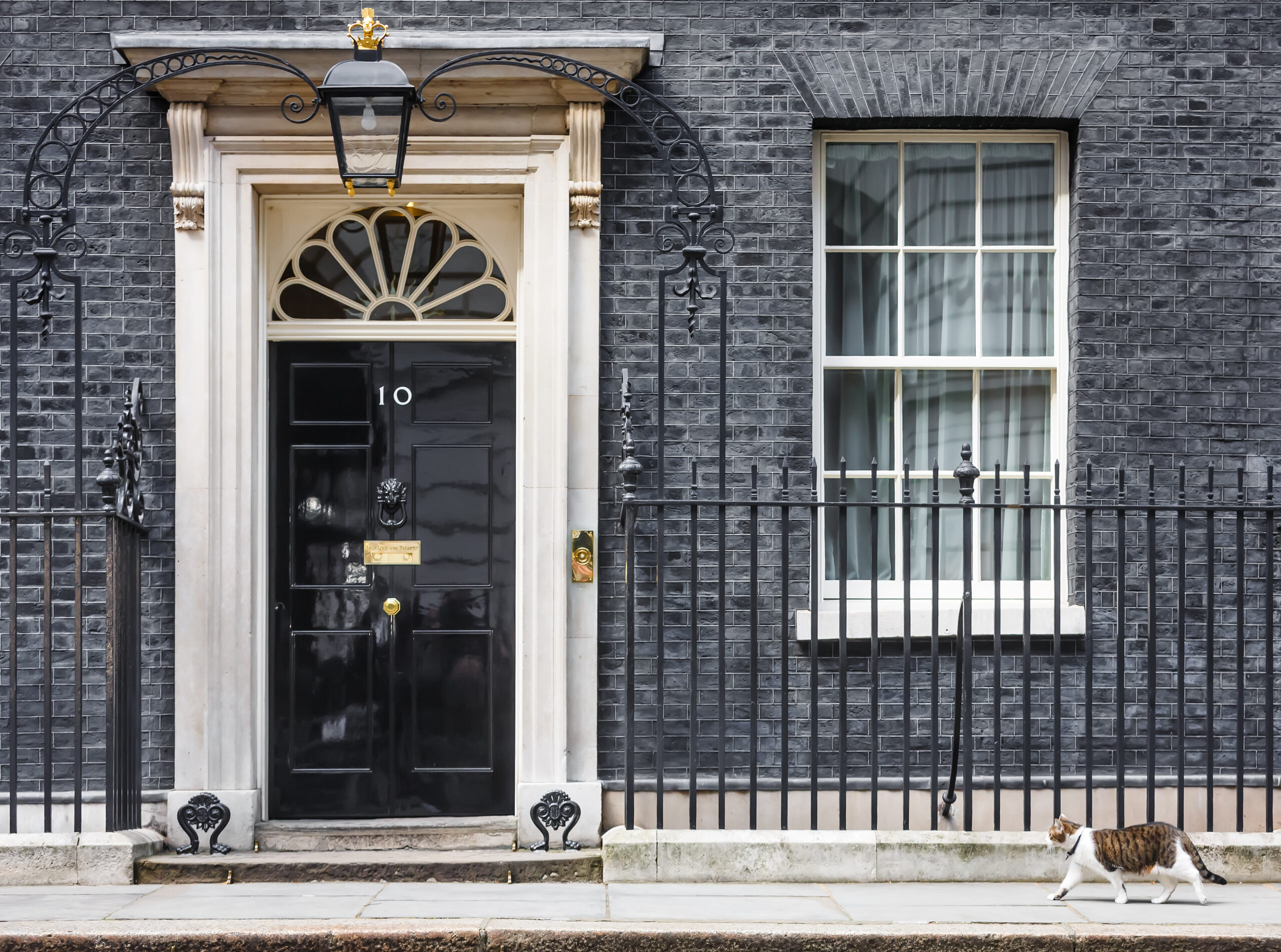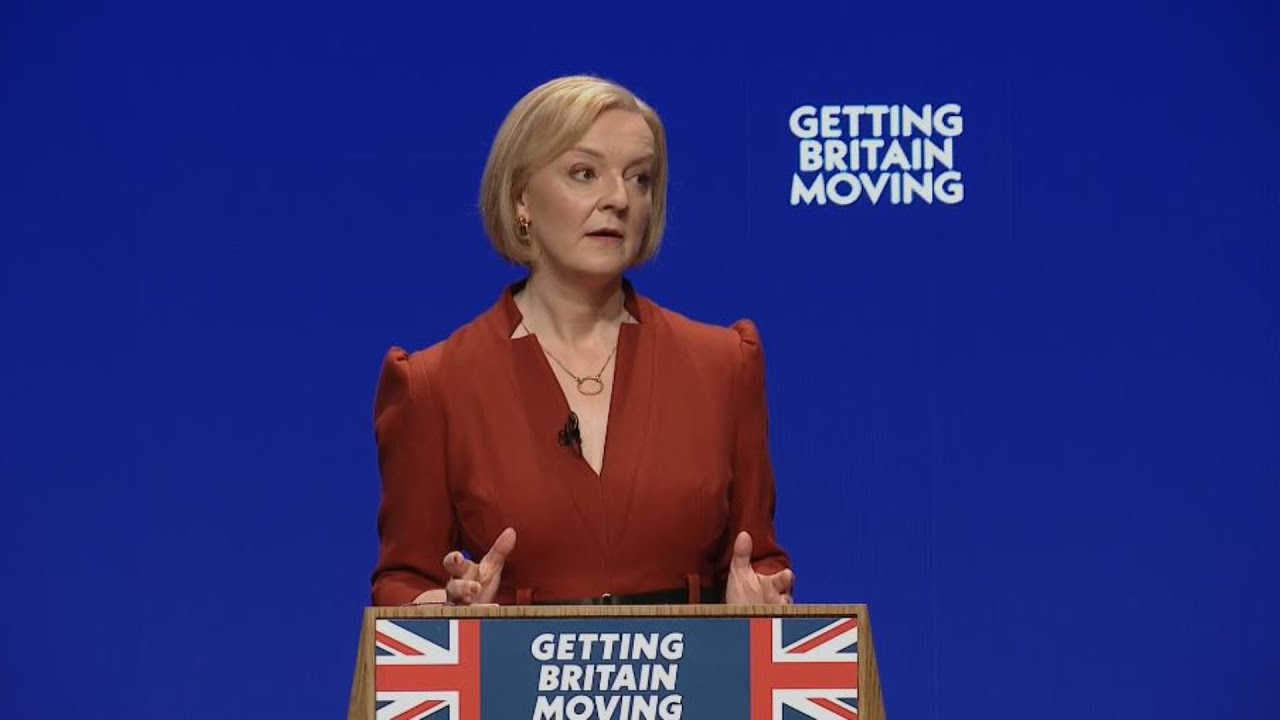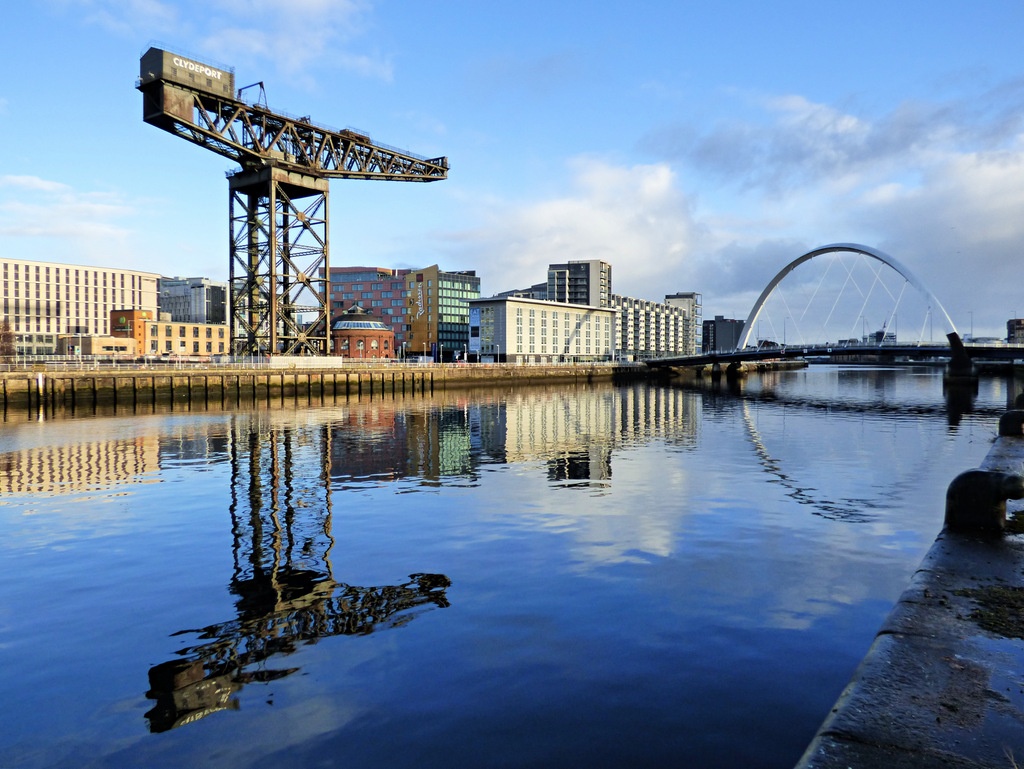Kemi Badenoch Believes the System is Broken and her First Performance at PMQ’s has Proven that she Isn’t the Person to Fix It
Launching her bid to become leader of the Conservative party earlier this year, Kemi Badenoch argued that the business of...

